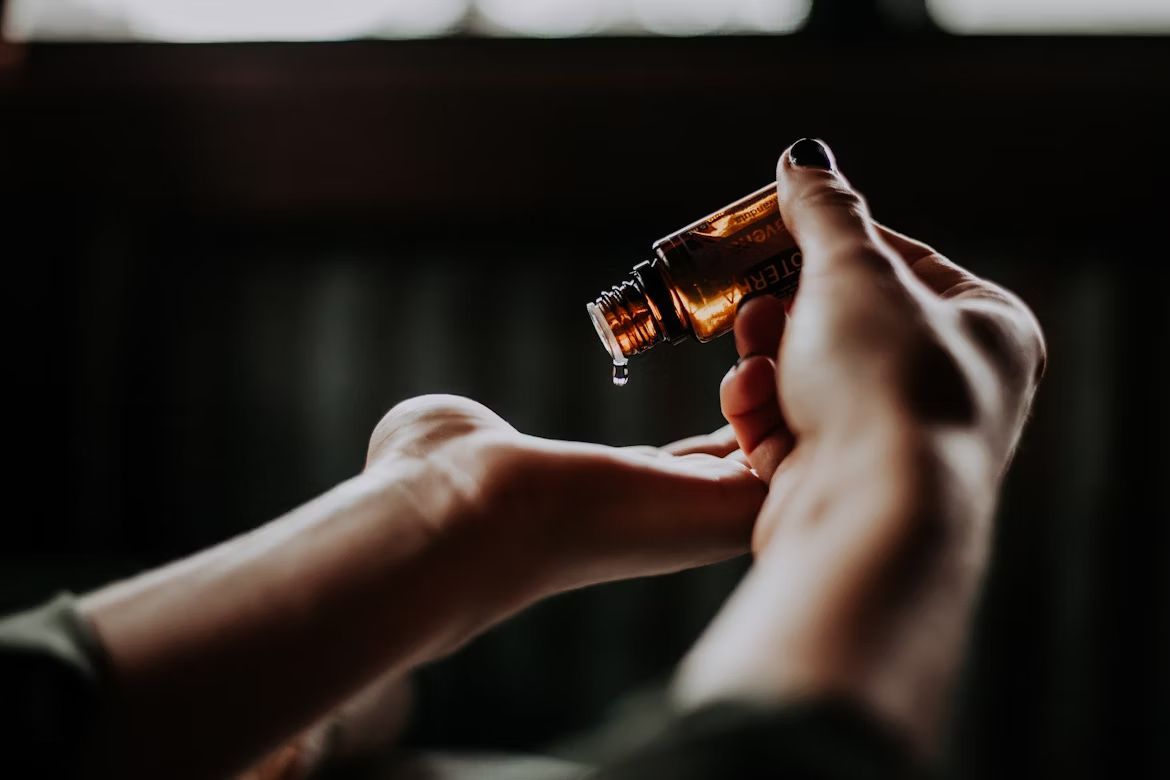Let’s revive them!
12 brilliant words that went extinct and need to make a comeback
Published on May 16, 2025
 Credit: Nick Fewings
Credit: Nick Fewings
Since language is constantly evolving and changing, over the years, some truly amazing words have vanished from common use, even though they perfectly describe things we still experience today. Why should we settle for dull modern terms when we could revive these gems? Let’s take a trip through time and rediscover some unusual, long-lost words that are just begging to be used again. You might just find a new favorite!
Rouzy-Bouzy: Boisterously drunk and loving it
 Credit: Omar Lopez
Credit: Omar Lopez
Forget "tipsy" or "sloshed." If you’ve ever seen someone having the time of their life after a few too many drinks, they were rouzy-bouzy.
This 17th-century word describes the kind of lively, uninhibited intoxication that leads to off-key karaoke and questionable dance moves. It comes from an old Dutch word for "boozy," making it a natural fit for those who enjoy a drink every other night. Unlike some less flattering terms for drunkenness, rouzy-bouzy sounds almost celebratory!
Ambodexter: The two-faced trickster
 Credit: Cytonn Photography
Credit: Cytonn Photography
No, this isn’t someone with equal skill in both hands. An ambodexter is a person who takes bribes from both sides of an argument. First recorded in the 16th century, this word was a favorite in legal and political circles when describing particularly shady characters.
Today, we would call them "double-crossers" or "sellouts," but doesn’t ambodexter have a more dramatic twist?
Hugger-Mugger: Secretive shenanigans
 Credit: Nguyễn Phúc
Credit: Nguyễn Phúc
The next time someone lowers their voice and starts whispering like they’re part of some great conspiracy, you can accuse them of engaging in hugger-mugger.
This term, which dates back to the 16th century, originally referred to secrecy and confusion, perfect for any sneaky dealings or hushed gossip sessions. Now, those who do it might be conspiring against something, but the world sounds quite playful!
Parget: The ancient art of overdoing it
 Credit: Apostolos Vamvouras
Credit: Apostolos Vamvouras
Have you ever met someone who applies their makeup with a trowel? Congratulations! You’ve witnessed pargeting in action. This word, which originally referred to decorative plasterwork in architecture, was later used to describe the act of overdoing your makeup.
In an age of contouring and airbrushing, perhaps we should bring back parget, right? A little mascara is fine, but when someone spends three hours sculpting their cheekbones, well… they’re definitely pargetting.
Quacksalver: The original snake-oil salesman
 Credit: Christin Hume
Credit: Christin Hume
If someone offers you miracle cures that seem too good to be true, they’re a quacksalver. This wonderfully old-fashioned insult referred to fraudulent healers who claimed to have secret remedies for all ailments.
The word itself combines "quack" (as in a fake doctor) with "salve," a reference to their dubious balms and lotions. While modern medicine has come a long way, quacksalvers are still around today, so watch out and start spreading the word!
Percher: The social climber with big dreams
 Credit: Redd Francisco
Credit: Redd Francisco
A percher is someone who’s always trying to climb the social or professional ladder, often with a little too much enthusiasm. The term, which dates back to the 16th century, originally referred to birds perching on higher branches, that’s where its association with people reaching for higher status comes from.
We all know a percher: the one who name-drops important people, angles for promotions, or suddenly becomes best friends with whoever’s in charge. While ambition isn’t a bad thing, there’s a fine line between working hard and perching a little too aggressively!
Awhape: The feeling of being stupefied
 Credit: Afif Ramdhasuma
Credit: Afif Ramdhasuma
We’ve all experienced being so shocked or overwhelmed that we couldn’t even form a sentence. If you have, you were awhaped.
This medieval word describes that feeling you get when something absolutely astonishing happens. Originally used for moments that were too terrifying, the word has also been used to describe the kind of surprise that happy moments bring. Awhape is the perfect way to sum up that moment of pure, speechless amazement.
Swerk: When the mood gets gloomy
 Credit: Ruslan Valeev
Credit: Ruslan Valeev
Back in the days of Old English, if the skies darkened or someone’s mood suddenly changed, people would say things had swerked. This moody little word describes that exact moment when things go from bright and cheerful to stormy and brooding. Considering how many people feel a little swerk when Monday rolls around, this word is just begging for a comeback!
Tremblable: So scary it gives you chills
 Credit: Stefano Pollio
Credit: Stefano Pollio
Some things are just downright tremblable, that is, so terrifying, they make you shudder. This long-lost word, which means "causing dread or horror," was once used to describe anything spine-chilling or awe-inspiring.
Picture haunted houses, ghost stories, or even your doctor’s bill, truly tremblable things. It’s got a poetic ring to it, much more dramatic than just calling something "scary." And necessary too, the modern world is a tremblable one, right?
Rouker: The whispering gossip
 Credit: Ben White
Credit: Ben White
A rouker is the kind of person who thrives on hushed conversations and spreading juicy tidbits of information. This word, which dates back to at least the 14th century, refers to someone who whispers or murmurs—often with the intent of stirring up trouble.
We all know a rouker or two, whether it’s that one neighbor who always "just happens" to know everyone’s business or the coworker who mysteriously knows about every office romance. And let’s face it, we’ve all been one at some point!










